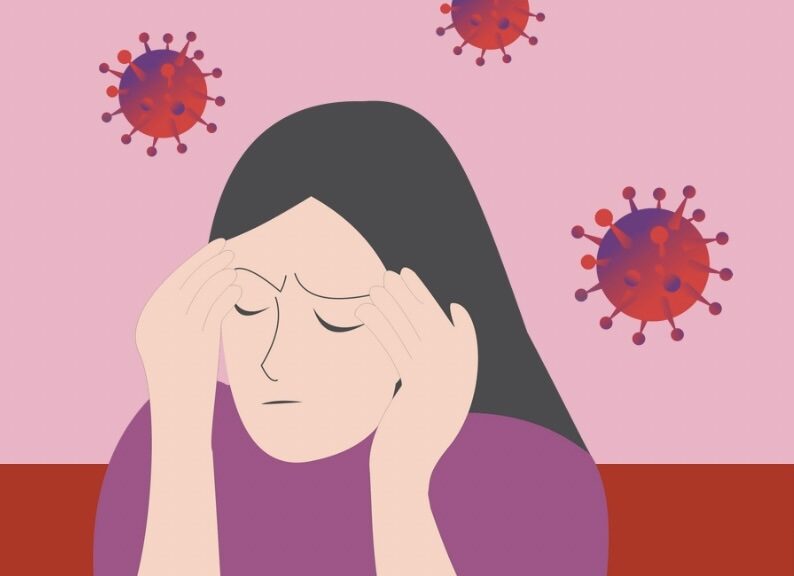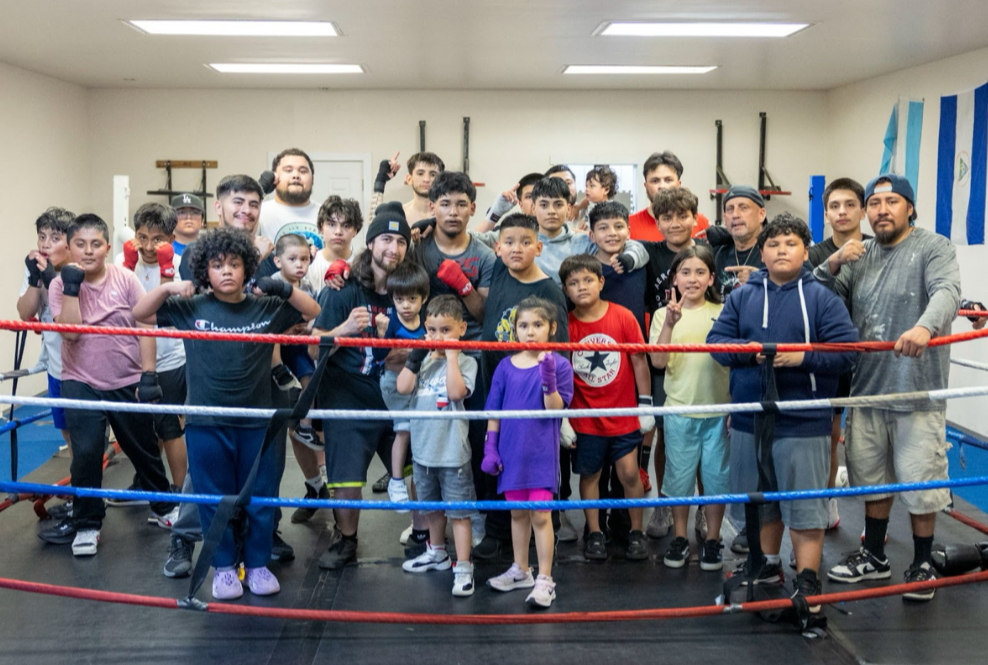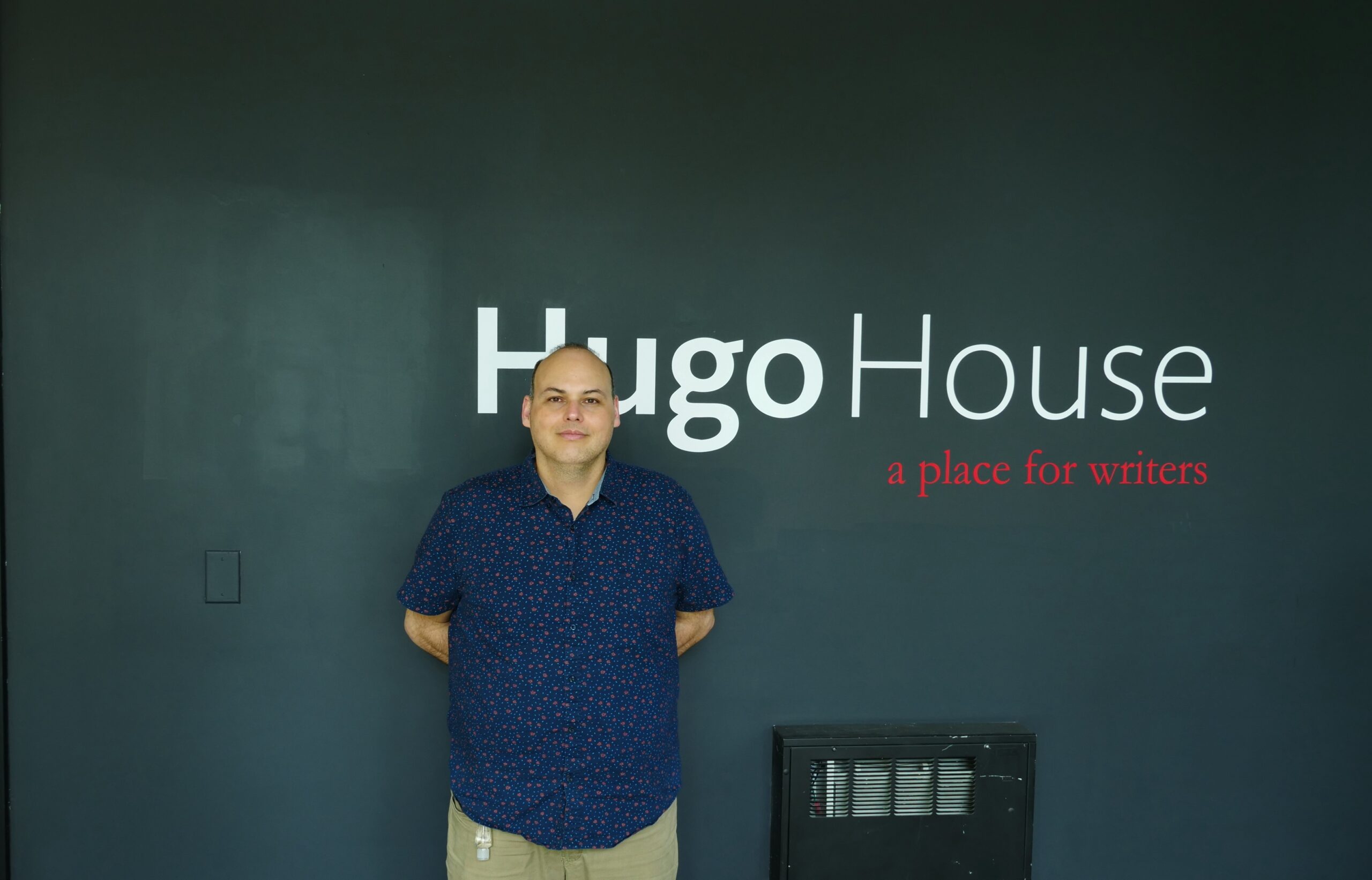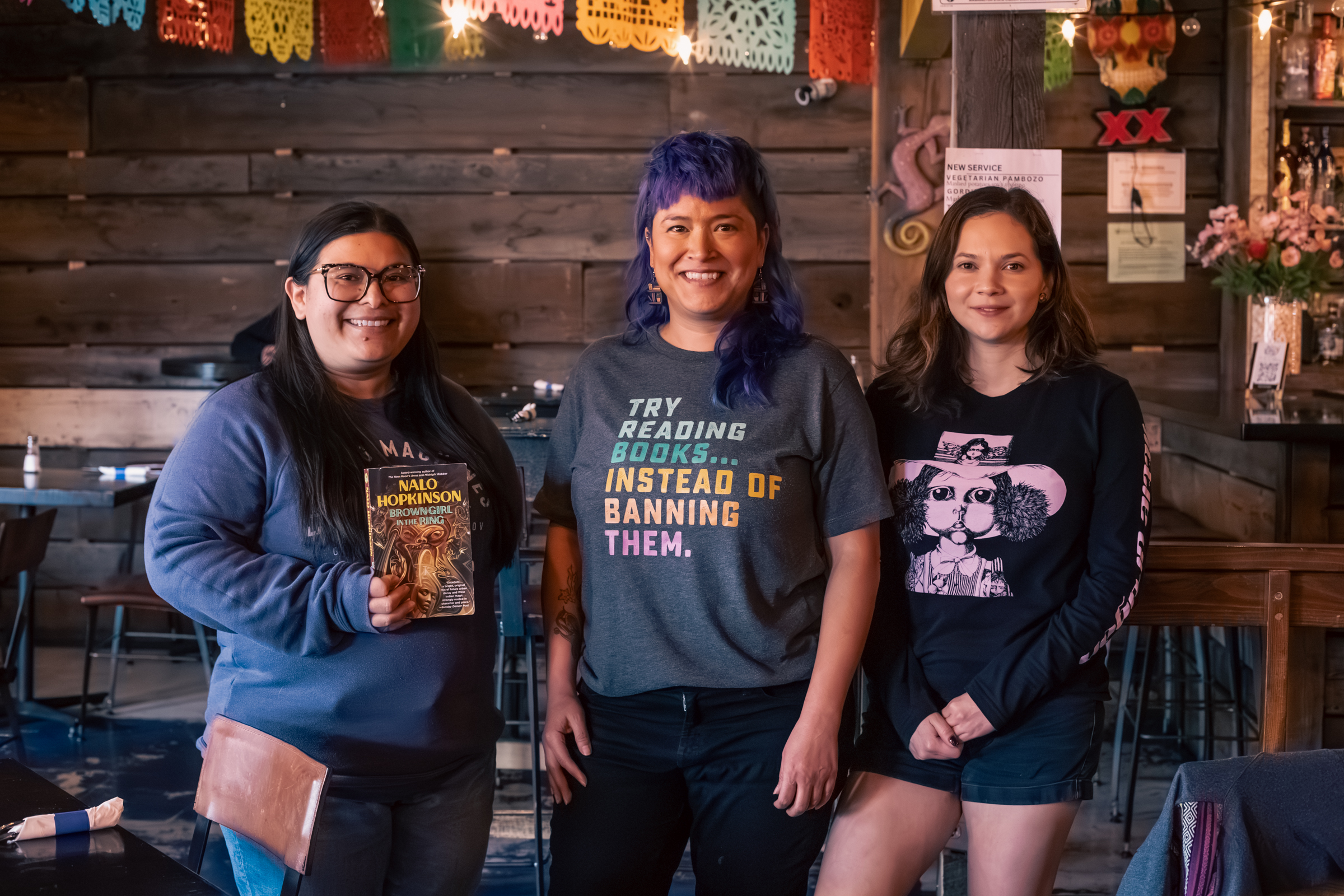The ongoing COVID-19 pandemic has affected communities worldwide, with a disproportionate impact on certain populations. Latinos in Washington State have shown a higher susceptibility to contracting and suffering from severe COVID-19, leading to a growing concern about the prevalence of long COVID within this community.
According to the Washington State Department of Health (DOH), as of October 2023, approximately 6.4% of adults in the state are estimated to be currently dealing with long COVID.
Long COVID refers to the persistent symptoms experienced by individuals even after they have seemingly recovered from the initial infection. According to the U.S. Centers for Disease Control and Prevention, Latinos have the highest rates of long COVID. About 9% of Hispanic adults report symptoms, compared with 7.5% of U.S. adults overall.
The University of Washington’s Latino Center for Health has launched a study to understand better the extent and impact of long COVID on the state’s Latino communities.
“With this survey, we hope to determine how many members of the Latino community are currently affected by long COVID and how it is impacting their health and well-being,” said study leader Dr. Leo Morales, a professor of medicine at the UW School of Medicine and co-director of the Latino Center for Health.
“I continued with the same symptoms: extreme tiredness, aches, and pains from head to toe. I felt extreme inflammation,” Maria said in an interview with Northwest Public Broadcasting. Maria, a resident of Yakima Valley who chose not to use her full name in the report, continued to suffer from symptoms long after becoming infected with COVID-19 in January 2021.
“I continued with the same symptoms: extreme tiredness, aches, and pains from head to toe. I felt extreme inflammation,” Maria said. In March 2022, her primary doctor referred her to a rheumatologist in the Tri-Cities, who finally had an answer. “When I talked to the doctor, I got so much off my chest. She told me, ‘There are so many people like you. You’re right, it’s not in your mind. Yours is a Long-COVID patient [case],” Maria said.
The Yakima Valley became one of the COVID hotspots on the West Coast. Several outbreaks erupted in jails, nursing homes, and agriculture and food processing facilities.
Latinos in Washington State have faced a higher risk of contracting COVID-19 due to various socio-economic factors. Many belong to essential worker categories, such as healthcare, agriculture, and food services, where remote work is not an option. Additionally, crowded living conditions, limited access to healthcare, and language barriers have further exacerbated their vulnerability. These factors contribute to a higher likelihood of severe initial infections, increasing the chances of experiencing long COVID symptoms.
The survey will focus on Latinos aged 18 years and older who have had a positive COVID-19 test result. The questionnaire will include questions about symptoms, the respondents’ medical history, whether they received the COVID-19 vaccine, their physical and mental health, and their social and economic situations.
The survey will use the World Health Organization’s definition of long COVID: symptoms that began within three months of a probable or confirmed case of infection, which have persisted at least two months and cannot be explained by another diagnosis. Common long-COVID symptoms include fatigue, fever, cough, difficulty breathing, and problems with memory and thinking, often called “brain fog.”
The survey will also ask participants if they would be interested in participating in a follow-on clinical study, which is being planned in collaboration with the Allen Institute for Immunology. That study will examine potential roles in long-COVID of the immune system and health conditions, such as obesity and diabetes, which are more common in Latino populations.
Morales said he hopes the project’s findings will not only help improve the care of Latino individuals affected by long COVID but also help guide policymakers to develop appropriate long-COVID services for Latino communities.
Partners in the research are SeaMar Community Health Centers, the Allen Institute for Immunology, and the Yakima Farmer Workers Clinics, which have served the state’s Latino communities for many years.
Editor’s Notes: This story was written in part from Survey focus: long COVID impact on Latino communities, and COVID is far from over for some Latinos reports. The latter is part one of a collaborative piece between Northwest Public Broadcasting and palabra, the National Association of Hispanic Journalism media outlet, about Long-COVID.




